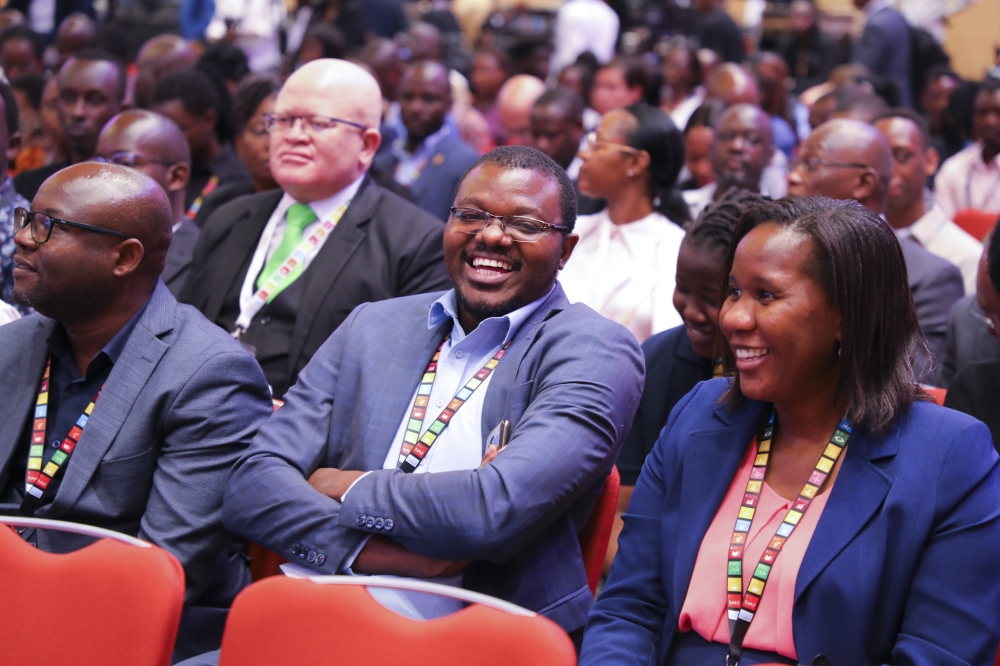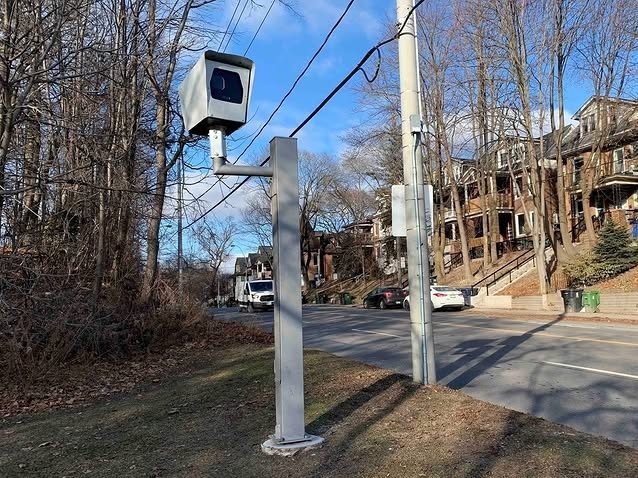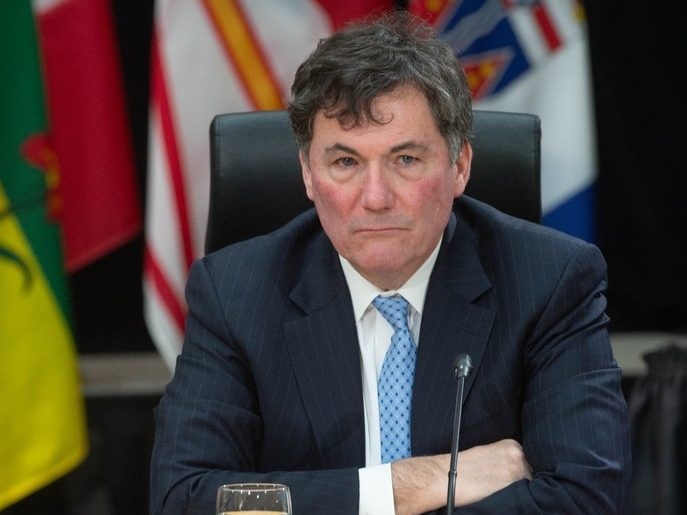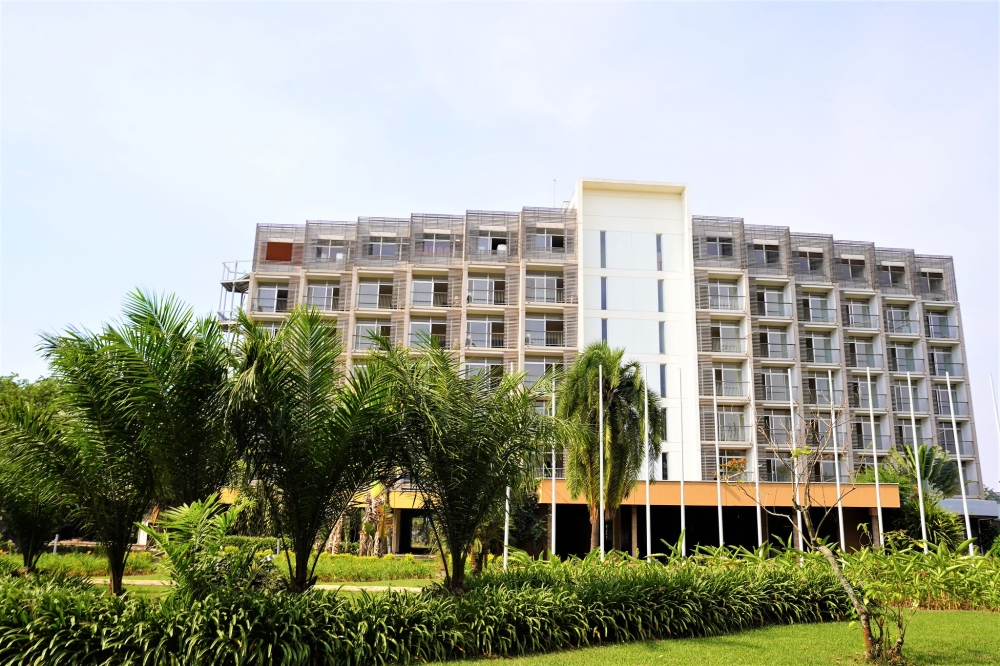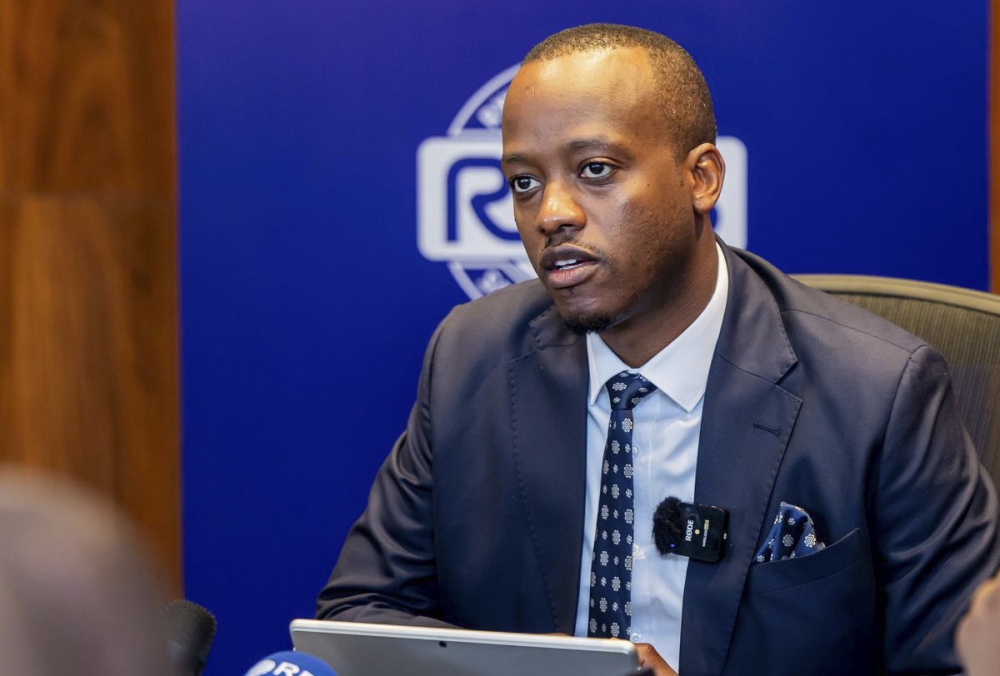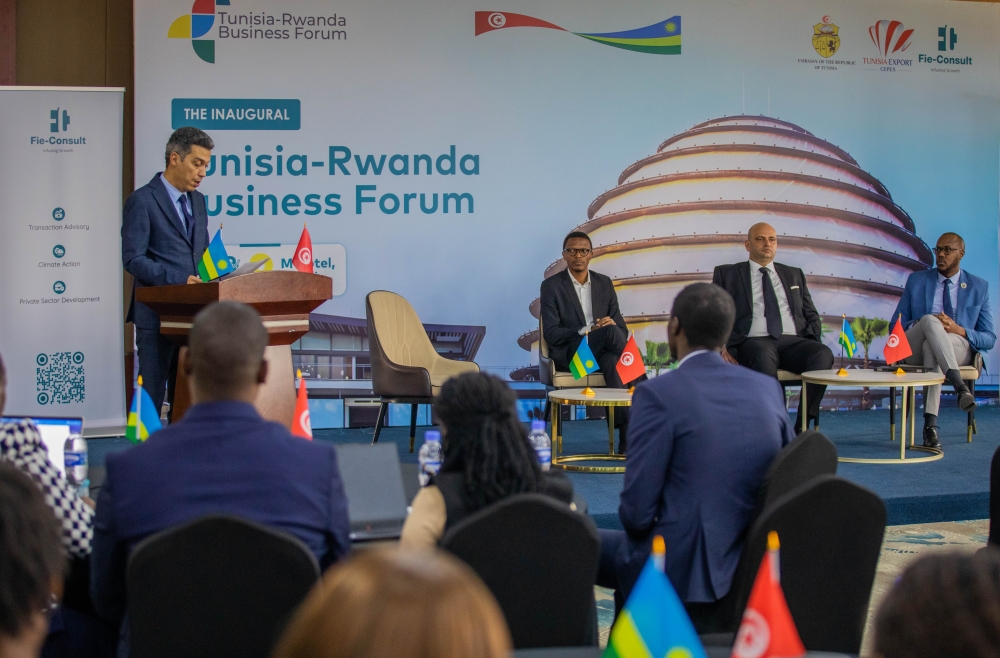All roads lead to the Kigali Convention Center (KCC), where Africa's largest connectivity summit opens with artificial intelligence (AI) and financial technology (fintech) dominating an agenda that seeks to translate mobile infrastructure into measurable economic gains.
ALSO READ: Mobile connectivity: 10 major findings in latest global rating
The three-day Mobile World Congress (MWC) Kigali 2025, running through October 23, comes at a time when Africa's telecommunications sector is experiencing rapid growth, projected to be worth over $82 billion by 2029, driven by a young population and high smartphone adoption.
Organizers are shifting focus from network rollout statistics to practical deployment of technologies that can close Africa's persistent digital divide and usage gap.
ALSO READ: Kagame calls for urgent action to bridge connectivity gaps
“This year's event switches gears beyond counting connections and coverage to delivering the connectivity, skills, and innovation that confronts the challenges still ahead,” according to Angela Wamola, Head of Africa at GSMA, the global mobile industry association hosting the summit.
President Paul Kagame is expected to officially open the gathering, which brings together chief executives from Airtel Africa, MTN Group, Orange, Ethio Telecom, and technology giants Huawei and ZTE, among others.
“The connectivity paradox”
According to organizers, despite expanding 4G networks projected to reach half of all mobile connections by 2030, sub-Saharan Africa faces a substantial "usage gap" – millions living within network coverage but remain digitally excluded.
ALSO READ: Meet the faces behind MTN Rwanda's expansion, modernisation
This disparity represents billions in unrealized economic potential, Max Cuvellier, the Head of Mobile for Development at GSMA, told The New Times in an earlier interview.
The mobile ecosystem already supports 1.5 million direct jobs and generates spillover employment for 2.2 million workers in other sectors.
5G technology, forecast to contribute $10 billion to regional economies by 2030, could accelerate this transformation. But only if adoption moves beyond urban centers and enterprise clients, according to Cuvellier.
AI takes center stage
Artificial Intelligence, which features prominently across the conference programme, is already reshaping telecommunications operations through automated network management and predictive maintenance.
The latest GSMA report predicts that the technology could double Africa's GDP growth by 2035.
Telecom operators are deploying AI-powered tools for customer service, network optimization, and cybersecurity threat detection.
The integration addresses acute skills shortages while reducing operational costs in markets where margins remain tight.
The Minister of ICT and Innovation, Paula Ingabire, maintained that Rwanda's selection as host reflects the country's positioning as a technology hub.
“The government has invested heavily in digital infrastructure and regulatory frameworks designed to attract innovation-focused investment,” she told The New Times.
Fintech's promise
Mobile money and digital financial services form the summit's second pillar.
Fintech solutions have already transformed payment systems across the continent, with mobile money agents often providing banking services in communities without physical branches.
The sector's expansion carries implications beyond convenience.
ALSO READ: Govt bets on fintech to spur financial sector under new strategy
According to Norbert Haguma, digital financial records enable small businesses to access credit.
For instance, he said, cross-border mobile transactions facilitate regional trade integration.
The MWC 2025 will also see a new ministerial programme debut, creating structured dialogue between regulators and industry on spectrum allocation, infrastructure sharing, and consumer protection frameworks.
Minister Ingabire is expected to join executives from major operators in sessions examining how policy can accelerate deployment without compromising security or competition.
The conversations arrive as governments balance universal service obligations against fiscal constraints, often looking to private operators to extend networks into commercially challenging areas.
What else to look out for?
Alongside keynote addresses, the summit features a Mobile for Development theatre examining applications in agriculture, healthcare, and humanitarian response.
A newly launched Security Summit addresses rising concerns about network vulnerabilities and data protection.
Exhibitors, including Meta, TerraPay, and Telcoin, will demonstrate solutions ranging from rural connectivity to blockchain-enabled remittances.
